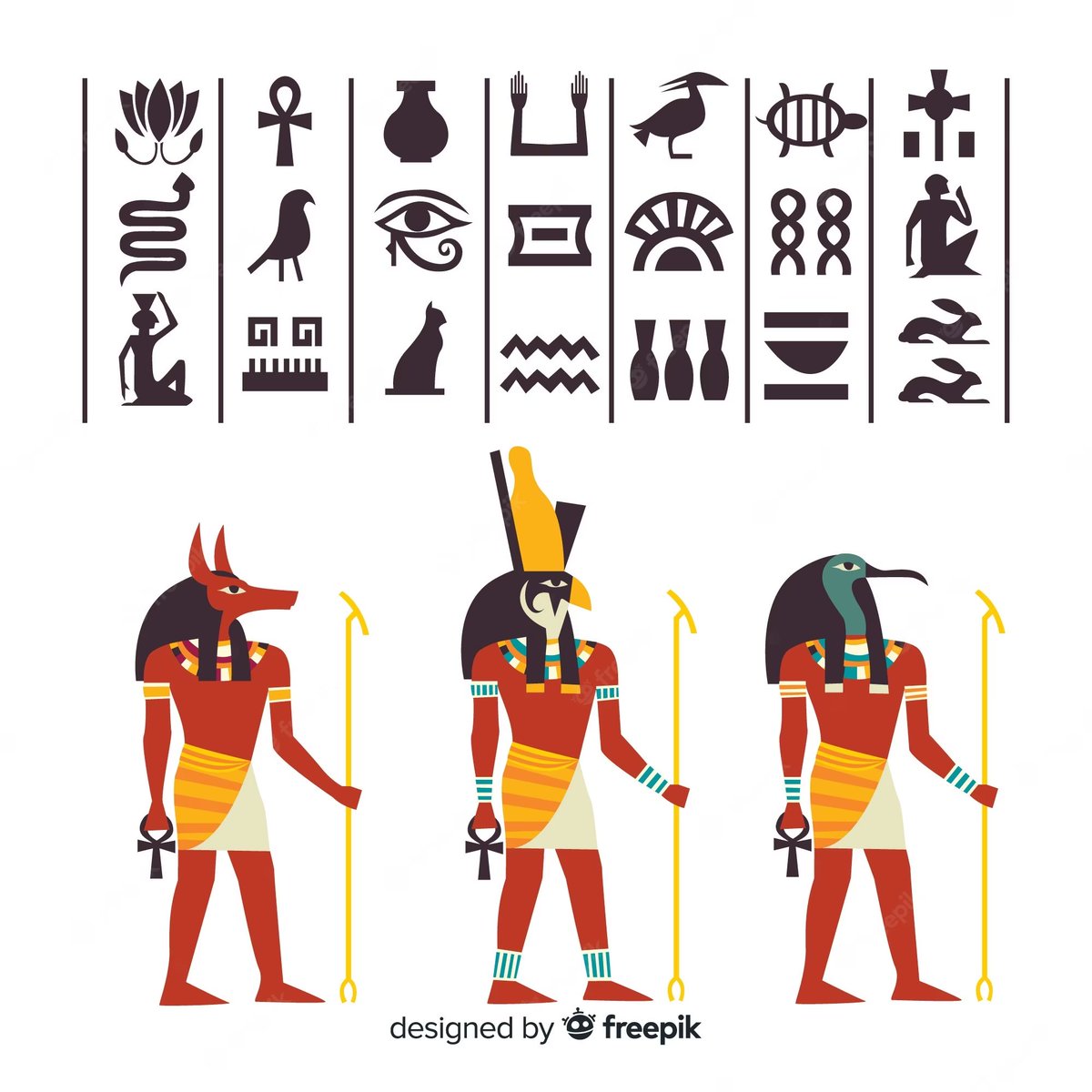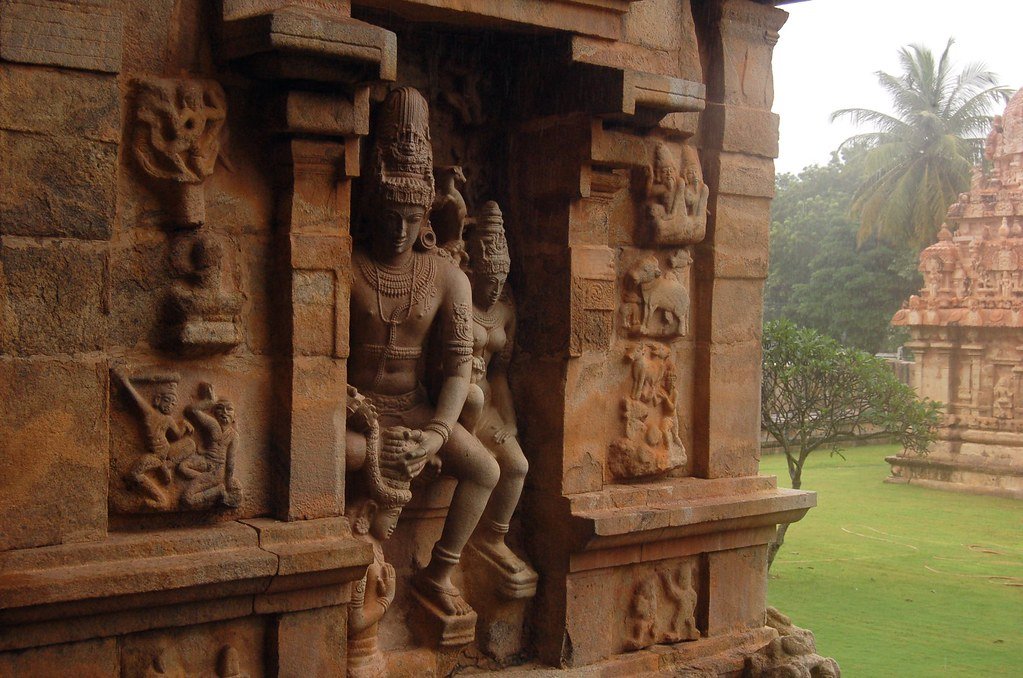Ashoka lived 2300 yrs ago & left us many stories of his time in his rock edicts. But until the 18C, India had all but forgotten Ashoka. Until a few Britishers helped us rediscover him
How did we rediscover Ashoka & our ancient history?
A story that deserves a Netflix series 🧵
How did we rediscover Ashoka & our ancient history?
A story that deserves a Netflix series 🧵
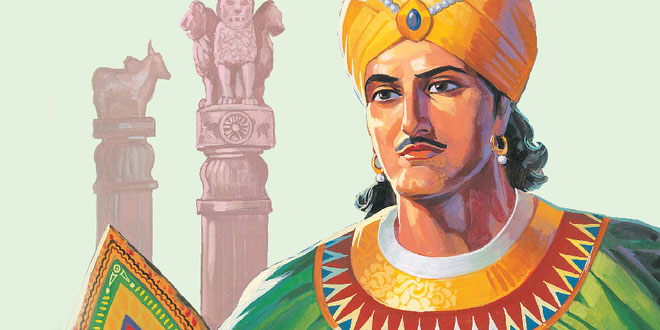
Ashoka, as we have read & know, was a great Mauryan emperor who ruled a large part of India in 3rdC BCE & most famously converted to Buddhism
He left a lot of his philosophies as edicts on pillars, rocks, cave walls in Prakrit language which was written a script called 'Brahmi'
He left a lot of his philosophies as edicts on pillars, rocks, cave walls in Prakrit language which was written a script called 'Brahmi'
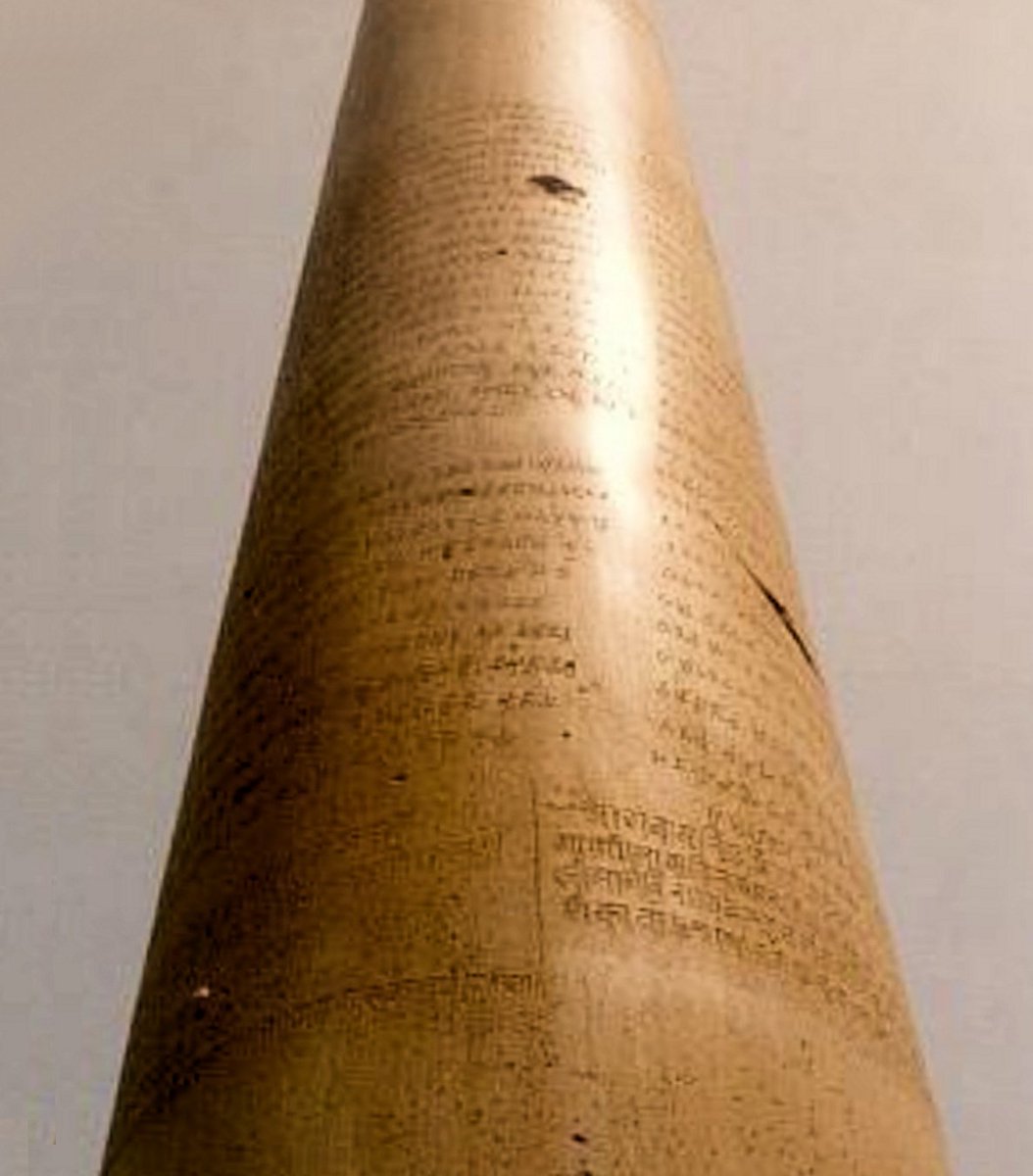
Brahmi was the script then used to write ancient languages like Prakrit, Sanskrit &Tamil. But as more scripts emerged over the next few centuries, Brahmi slowly got lost by 5thC
With that, knowledge of Ashoka, Buddha etc was also fully lost. India moved on forgetting its history
With that, knowledge of Ashoka, Buddha etc was also fully lost. India moved on forgetting its history

Brahmi was lost. But the pillars stood idly though
In 14thC, Feroz Shah Tughlaq found one of this pillars in Meerut & was so taken by the fancy script on it, he took it back to his fort in Delhi, Feroz Shah Kotla & installed it on it's roof
He didn't know its meaning though!
In 14thC, Feroz Shah Tughlaq found one of this pillars in Meerut & was so taken by the fancy script on it, he took it back to his fort in Delhi, Feroz Shah Kotla & installed it on it's roof
He didn't know its meaning though!
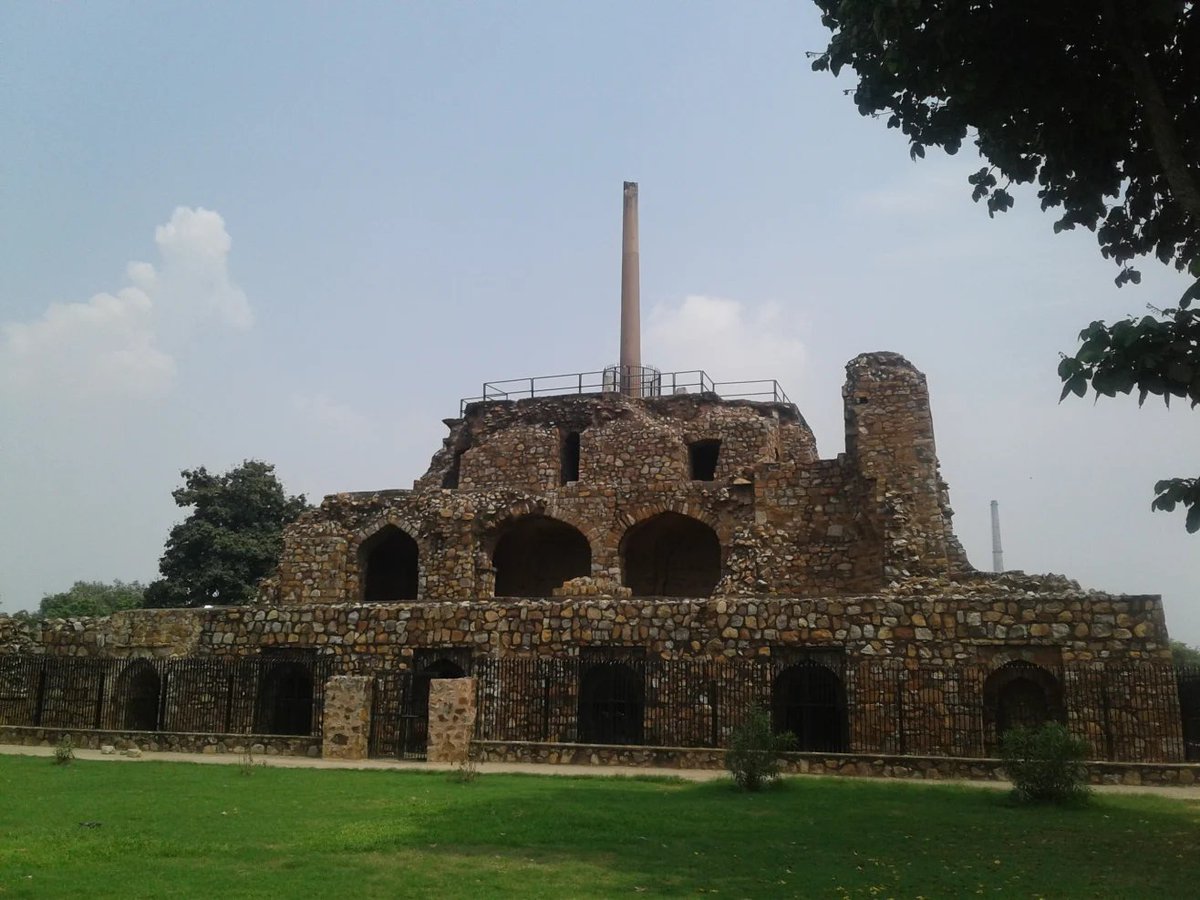
Cut to 18thC. The extent of India's history was only about Islamic kingdoms. Most word of mouth about India being ancient were without evidences
British scholar Thomas Twining wrote in 1790 that 'no history before 10thC was discernible' & hoped to penetrate the darkness beyond
British scholar Thomas Twining wrote in 1790 that 'no history before 10thC was discernible' & hoped to penetrate the darkness beyond

The hero of this story enters here. James Prinsep.
A Britisher who was working as a clerk in the Calcutta mint. He was very fond of the various scripts he saw in ancient Indian coins he came across. Slowly his liking to Indian history increased.
A Britisher who was working as a clerk in the Calcutta mint. He was very fond of the various scripts he saw in ancient Indian coins he came across. Slowly his liking to Indian history increased.

He studied many Indian pillars, temples and ruins trying to make sense of the scripts there.
He stumbled upon a pillar similar to Feroz Shah's in Allahabad. It was left to decay but Prinsep was piqued by the fancy writings on it.
He set out to decipher them.
He stumbled upon a pillar similar to Feroz Shah's in Allahabad. It was left to decay but Prinsep was piqued by the fancy writings on it.
He set out to decipher them.
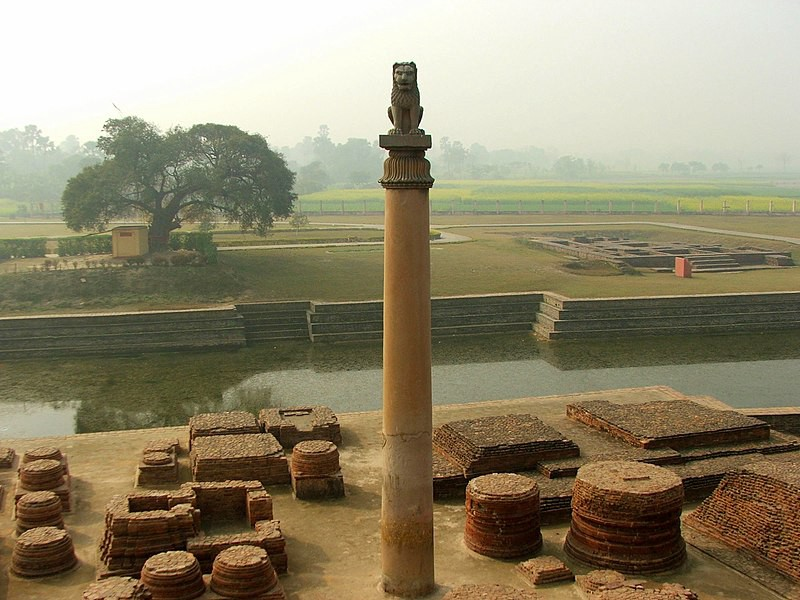
A friend of his sent him a copy of inscription he found in a pillar in Bihar. When Prinsep set the inscriptions from Delhi, Allahabad & Bihar together - he could make out that they were all just the same!
But still he didnt know its meaning. But a grand story was emerging!
But still he didnt know its meaning. But a grand story was emerging!

In 1837, finally when Prinsep looked into the temple ruins in a village 'Sanchi' near Bhopal, he made a breakthrough. All the lines there ended with the same letters.
By this time he knew that most temple inscriptions were about donations made by kings. So he could make guesses
By this time he knew that most temple inscriptions were about donations made by kings. So he could make guesses

So, he guessed that the last word as 'Daanam' for donation & it fit. Suddenly the letters for Da,Na,Ma could be identified. It opened up other letters slowly from other words. The key to the 2000 year old lock that was Brahmi was now available
Prinsep had unlocked India's past!
Prinsep had unlocked India's past!

He published his findings in 1838. More researchers pored in on reading Brahmi everywhere. One thing was still unresolved.
Who had left these majestic pillars everywhere?
The pillars talked about a king named 'Devanampiya Piyadasi' who had left the message but gave no name.
Who had left these majestic pillars everywhere?
The pillars talked about a king named 'Devanampiya Piyadasi' who had left the message but gave no name.

Prinsep first believed it was a king from Srilanka as there had been a king there named 'Devanampiya Tissa' from the island. But it didnt make sense for them to leave pillars in North India.
The answer came from George Turnour, a Buddhist historian in Srilanka.
The answer came from George Turnour, a Buddhist historian in Srilanka.

While studying 'Dwipavamsa', a book on the history of Srilanka, he found a reference to Piyadasi to a king called 'Ashoka' from India, grandson of 'Chandragupta Maurya' who had become Buddhist & brought it to the island.
The dots finally connected as George spoke to Prinsep.
The dots finally connected as George spoke to Prinsep.

Ashoka was Devanampiya Piyadasi - 'the beloved of the gods' who had ruled India 2000 years ago & a massive Maurya empire had existed & Buddha wasn't just a mythological figure.
Suddenly, India's history was pushed back by atleast 1500 years, thanks to a Britisher's intuition
Suddenly, India's history was pushed back by atleast 1500 years, thanks to a Britisher's intuition

This was the biggest find in Indian Archaeology & History for a hundred years until the 'Indus Valley civilization' was discovered by another Britisher John Marshall in 1924 and India' history extended back another 2000 years.
But thats a story for another day..
But thats a story for another day..
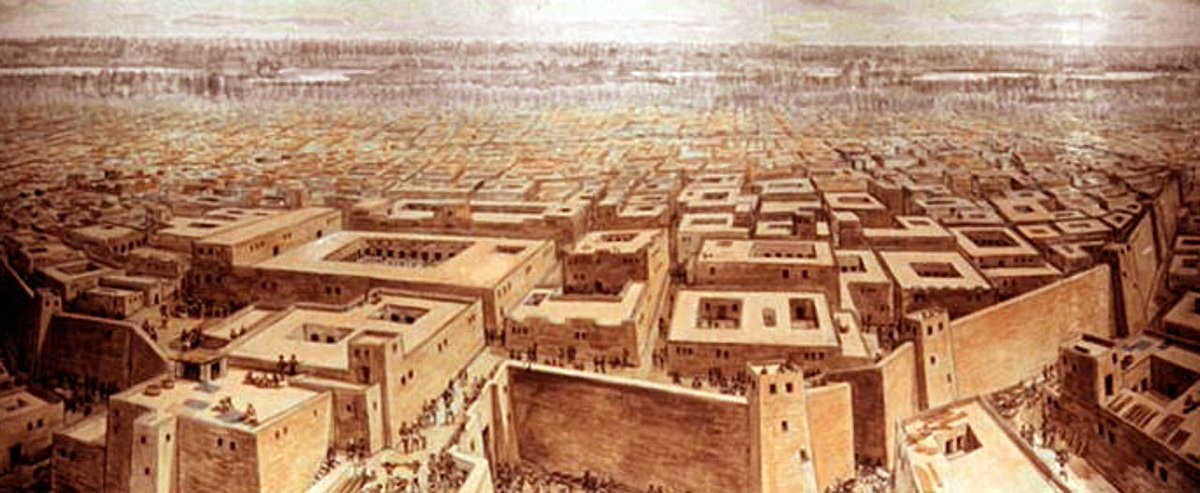
All know Ashoka today thanks to the Brahmi. The Indus Valley script is still not deciphered. The day that happens - wonder what all truths will come out about an even older past. Lets await that day with bated breath
Until then, RT this thread if you liked it & follow for more!
Until then, RT this thread if you liked it & follow for more!

• • •
Missing some Tweet in this thread? You can try to
force a refresh









